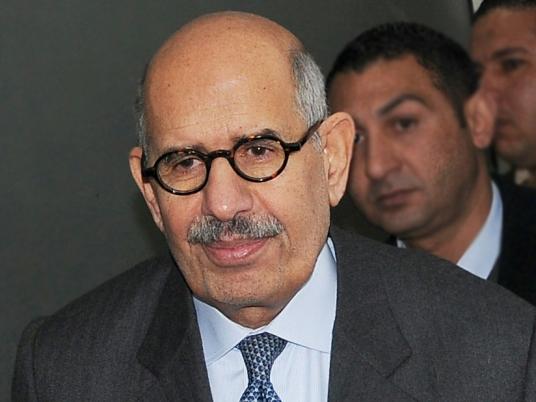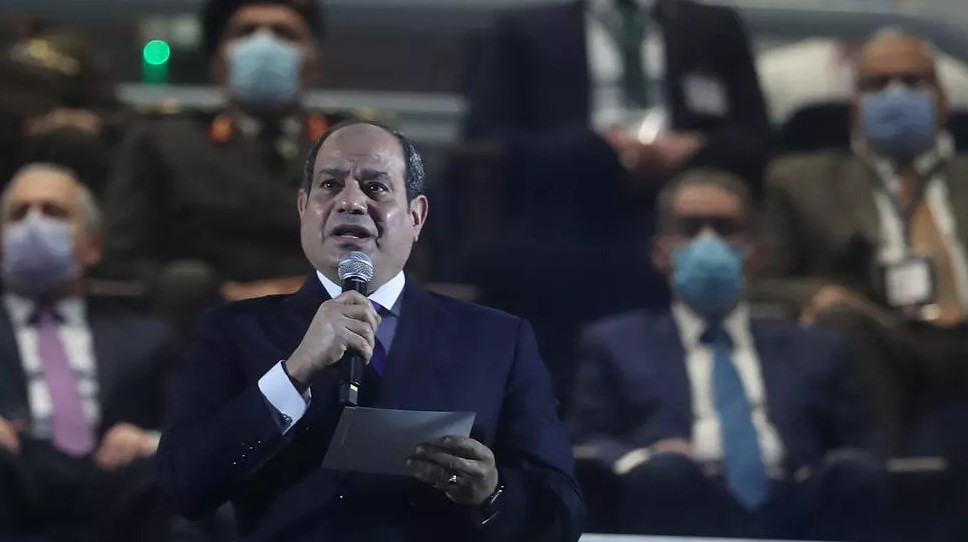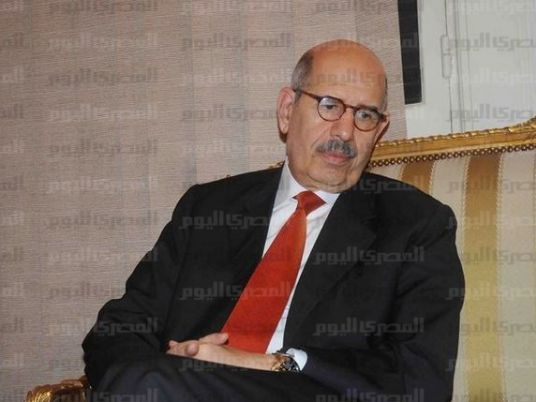For a couple of days last week, a group of young immigrant students found themselves in possession of some of the hottest and most desired objects in Egyptian-America. The items in question: invitations to a special meeting in Boston on Monday between Mohamed ElBaradei and representatives of the Egyptian-American community.
“We were afraid a thousand people would show up,” said Waleed Ali, a student at Southern New Hampshire University, who helped organize the event.
What began as a simple evening arranged by Ali and Ayman Ismail, a Harvard student, quickly mushroomed into a massive–and largely unanticipated–logistical nightmare. Deluged with invitation requests from across the country, Ismail and Ali stopped responding to queries three days beforehand and moved the venue from a relatively small room on the Harvard campus to a much larger space at a nearby Marriott hotel.
Attendees–Ali put the number at about 300–included people who had literally crossed the country to catch a glimpse of the man who had roiled Egyptian politics in just a few short months.
“I saw people from Ohio and California there,” said Ahmed Sonbol, a 25-year-old software engineer from Alexandria.
Samer Atallah, a PhD student at Montreal’s McGill University, drove six hours in a snowstorm to attend. He said that the mood in the room reminded him of another recent hope-and-change politician.
“I get a similar feeling to what happened with Obama,” said Atallah. “Now the ball’s in our corner, whether or not we respond to [ElBaradei’s] message.”
The former International Atomic Energy Agency chief began with a brief lecture, which attendees said closely mirrored his earlier statements in numerous interviews and television appearances. The rest of the evening was devoted to a two-hour question-and-answer session with the audience.
Attendees said the crowd was overwhelmingly positive, featuring no real criticisms of ElBaradei, although a few people expressed doubts that his reform campaign would succeed.
One of the most frequently asked questions was: Will ElBaradei actually run in Egypt’s upcoming presidential elections?
“He was very clear that he wasn’t going to run for president unless they change the constitution,” Sonbol said.
Other attendees asked about the use of non-peaceful means of political resistance, and about the possibility of recruiting the US government to help pressure President Hosni Mubarak’s government to change the constitution. ElBaradei rejected both options.
“He said we didn’t need to receive any push from outside. If we want to change things, we should do it ourselves,” Sonbol said.
Ali, one of the event’s organizers, said he was struck by the way ElBaradei had embraced technology and social media.
“Several times, he mentioned his Twitter account. That shows it will be a big part of his campaign,” Ali said. “He plans to depend on it.”
Attallah, the McGill student, said ElBaradei had spent much of the evening calling for Egyptians living in America to actively embrace the cause. That means talking to the media, collecting signatures and operating openly in a way their counterparts in Egypt could not.
“It’s very clear he wants us to mobilize and spread the word,” Atallah said. “We have a degree of political freedom that people don’t have back home.”



